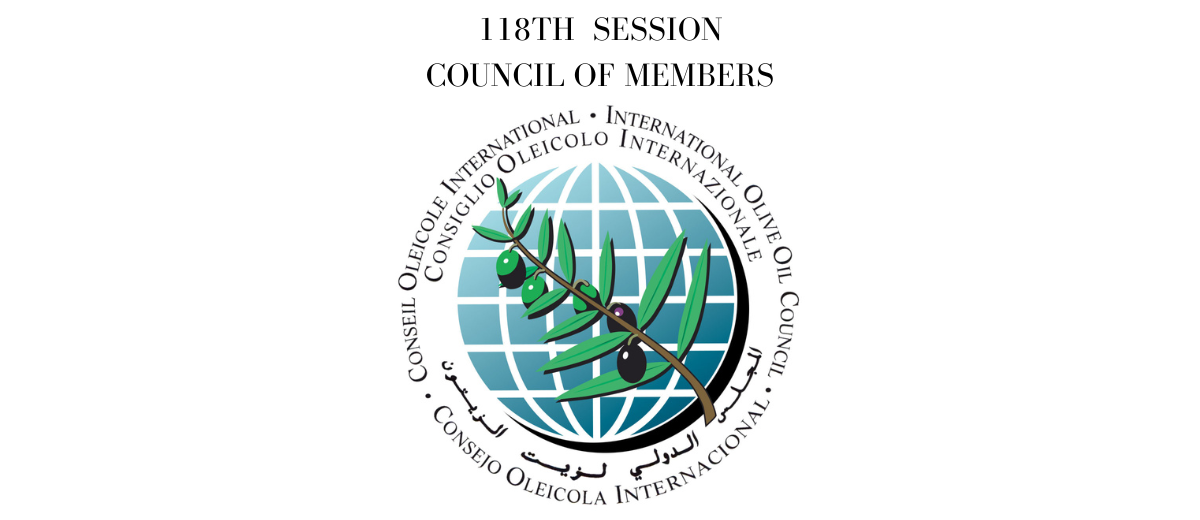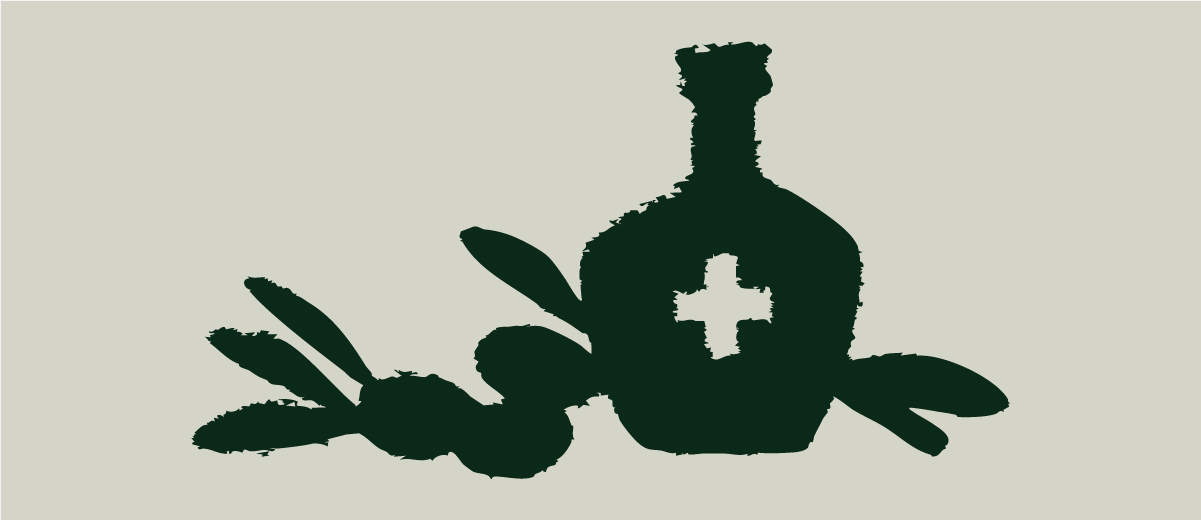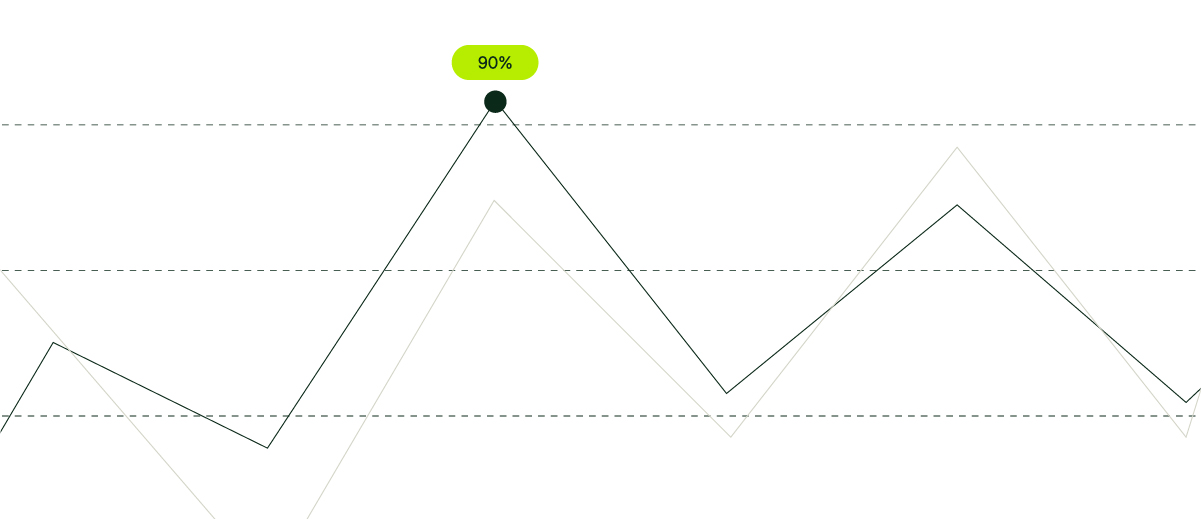The International Olive Council held the 118th session of its Council of Members. On this occasion, the Organisation’s Executive Secretariat (ES) announced several updates, such as the election of the two future Deputy Executive Directors, the future inauguration of the first ever Mario Solinas Quality Award in the southern hemisphere, and the direction this intergovernmental organisation will take in the near future towards addressing climate change.
The representatives of the Council of Members
The various technical committees leading up to the plenary session, and the 118th session itself, were attended by representatives from the 19 IOC member countries: Albania, Algeria, Argentina, Egypt, Georgia, Iran, Israel, Jordan, Lebanon, Libya, Montenegro, Morocco, Saudi Arabia, Tunisia, Türkiye, Uzbekistan, the European Union (EU) and Uruguay. Representatives from Bosnia-Herzegovina and Azerbaijan – two countries that have already applied to join the International Agreement on Olive Oil and Table Olives, 2015 and are in the process of depositing their instrument with the United Nations – attended this IOC session as observers, alongside other observers, such as Brazil, the United States (US), Iraq, Peru, Qatar, Sudan and CIHEAM .
The IOC’s future Deputy Executive Directors
On 21 November, the representatives of the IOC member countries elected the two new Deputy Executive Directors of the Organisation, who will take up their positions on 1 July 2024.
The Deputy Executive Director responsible for operational aspects (Research and Standardisation, Economics and Promotion, Olive Growing, Olive Technology and the Environment) will be Tunisian Abderraouf Laajimi, an agricultural engineer expert in agri-food marketing and with a PhD in economics, currently head of the cabinet of the Tunisian Minister of Agriculture and former Director General of the National Observatory for Agriculture (ONAGRI).
The next Deputy Executive Director in charge of administrative and financial issues and the Observatory will be Imdat Pekdemir from Türkiye, currently an expert to the Prime Minister and former consultant to the OECD, with degrees in Political Science and Public Administration from the University of Ankara and in European Studies from the University of Exeter (UK).
The Committees
The IOC committees play an essential role as a forum for discussion and lay the foundations for the Executive Secretariat’s proposals, which are then submitted to the Council of Members for adoption. On the occasion of its plenary sessions, the Executive Secretariat also informs its Member States of its four-year plan and its vision for the upcoming years.
There are currently four technical committees: the Administrative and Financial Affairs Committee, the Chemistry and Standardisation Committee, the Technology and Environment Committee, and the Economic and Promotion Committee. These committees are made up of one delegate per member country, plus alternates and advisers. Moreover, given that the IOC is the international forum for discussion par excellence for the world’s olive sector, it also convenes an Advisory Committee for Olive Oil and Table Olives, which brings together representatives from the private sector in a lively debate on the sector’s current situation, its challenges and potential solutions.
The first part of the second annual session of the Council of Members took place from 15 to 17 November by videoconference from Madrid, with meetings of the four technical committees.
- Technology and Environment Committee
In the afternoon of 15 November, the Executive Secretariat presented the activities carried out in the fields of research, development and training to the Technology and Environment Committee. Most importantly, the Secretariat took stock of the conclusions of the workshop on the olive grove’s carbon balance which took place earlier this year, and informed the IOC’s members of the direction the Organisation should take in order to address the issue of climate change while simultaneously putting forward the fundamental environmental role that olive groves play as an indisputable carbon sink.
It also gave an update on the development of the World Catalogue of Main Olive Tree Varieties, the network of world germplasm banks, and updates regarding the scholarships awarded by the IOC to students from its member countries. This committee is responsible for promoting technical cooperation and research and development in the olive sector by encouraging collaboration between public or private, national or international bodies and/or entities; carrying out activities aimed at identifying, conserving and using the genetic resources of the olive tree; studying the interaction between olive growing and the environment; to encourage technology transfer through training activities in fields related to the olive-growing sector; to promote the protection of geographical indications for olive-growing products; and to encourage the exchange of information and experience in the phytosanitary field concerning olive-growing.
- Chemistry and Standardisation Committee
The Chemistry and Standardisation Committee met on the morning of Thursday 16 November. The committee’s mission is to ensure the implementation of the objectives set out in the 2015 Agreement, in particular: to work towards the standardisation of national and international legislation relating to the physico-chemical and organoleptic characteristics of olive products; to carry out activities relating to physico-chemical and organoleptic analysis; and to coordinate studies and research into the nutritional values and other intrinsic properties of olive oil and table olives. The Executive Secretariat presented a progress report on the activities carried out since the last meeting, in particular the results of the work of the groups of experts in various fields, the Mario Solinas Quality Award and the exciting announcement of a special edition for the southern hemisphere, projects to review methods of analysis, and the question of the recognition of sensory analysis laboratories and tasting panels.
- Economic and Promotion Committee
The Executive Secretariat briefed the Economic and Promotion Committee on 15 November on developments in the production, consumption and trade of olive oil and table olives. In particular, the members of the Committee examined producer prices and the results of the last three crop years. The Executive Secretariat presented the conclusions of the working group responsible for monitoring statistics, which met on 6 and 7 November at IOC headquarters, and gave an update on the study of consumer behaviour. In the field of promotion, the Committee was informed of the activities planned in various countries, in particular Australia and Brazil, the progress made at political level with a view to harmonising national standards with the IOC’s international trade standard, and the IOC’s grants for the organisation of national programmes to promote the consumption of olive oil and table olives. The Executive Secretariat also informed the Committee about the activities of the Observatory and Information Systems Department and its plans for 2024.
- Financial and Administrative Affairs Committee
The Committee on Financial and Administrative Affairs met on 15 and 17 November. This committee is responsible for the Executive Secretariat’s annual work programme and for the overall running of the Organisation, in particular with regard to the budget, financial rules and internal and statutory rules; monitoring the implementation of internal control standards; examining the IOC’s draft annual budget and any other measures concerning financial and administrative matters; examining applications for membership and compliance with the principles concerning the recruitment of Executive Secretariat staff, as well as other matters relating to administrative and organisational aspects.
- Advisory Committee on Olive Oil and Table Olives
The IOC Advisory Committee for Olive Oil and Table Olives met on 22 November, before the plenary session. Representatives from the private sector shared their updates and concerns with the IOC and the delegates representing the Organisation’s 44 member countries. As aforementioned, this committee is a fundamental conversation partner for the Council of Members, given that it is a unique forum for discussion that brings together spokespersons from all of the olive sector’s branches (producers, processors, traders, consumers, etc.). Through the Advisory Committee, these business circles bring the Executive Secretariat up to date with the sector’s reality, shedding light on the immediate challenges ahead and pooling efforts to assess potential and realistic solutions.
The 118th plenary session of the Council of Members
The plenary session took place on Thursday 23 November. On this occasion, the chairmen of each technical committee, as well as the Advisory Committee, presented the results of the previous debates.
The meeting concluded with the celebration of World Olive Day, organised by the IOC in collaboration with CIHEAM and several international networks of women working in the olive sector.









